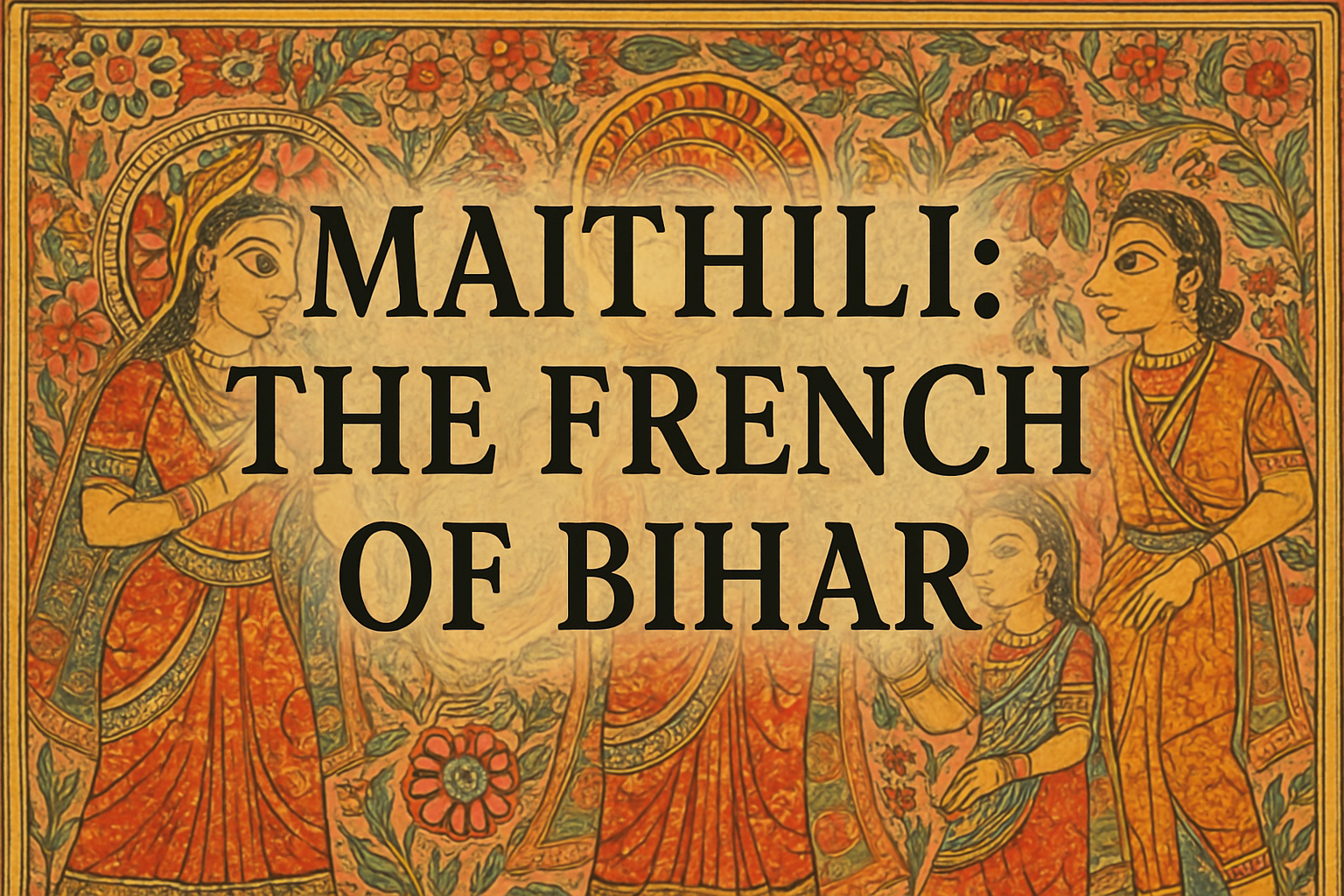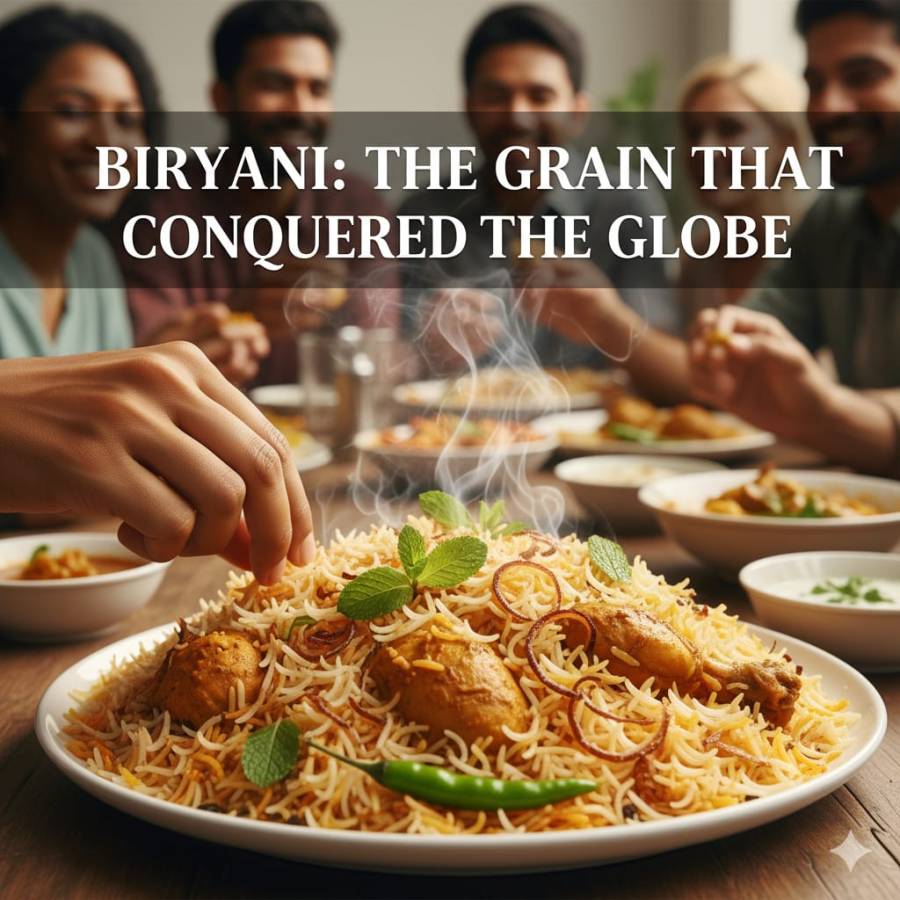
Languages are not only means of communication. They are symbols of identity, carriers of culture, and voices of intellectual tradition. French, admired in Europe as the language of refinement and thought, stands for literature, diplomacy, and philosophy. In Bihar, Maithili plays a similar role. To call Maithili the “French of Bihar” is not a casual metaphor. It is recognition of its literary beauty, cultural depth, and scholarly tradition.
Classical Recognition and Status
French enjoys international prestige. Maithili, though spoken largely in Bihar and adjoining regions, has earned comparable honor within India. It is among the 22 scheduled languages and one of the few given classical status. This distinction is awarded only to languages with ancient roots and a rich body of literature. Like French in Europe, Maithili is more than a regional tongue—it is a marker of heritage.
Literary Wealth Beyond Vidyapati
Vidyapati, the “Maithil Kavi Kokil,” is often the first name linked with Maithili, just as Victor Hugo is inseparable from French literature. But Maithili’s literary world extends far beyond him. Govind Das and Harinath Jha carried forward devotional and secular traditions. Modern poets like Nagarjun and Chanda Jha contributed with sharp social commentary. Even today, magazines, novels, and anthologies in Maithili appear regularly. Like French, Maithili literature has both medieval classics and modern voices.
Intellectual Traditions of Mithila
French gave the world philosophers such as Rousseau, Voltaire, and Descartes. Mithila, the land of Maithili, has its own parallel in the Nyaya and Mimamsa schools of philosophy. For centuries, Mithila was known as a seat of learning, producing scholars in logic, grammar, and law. The Mithila School of Nyaya Shastra shaped Indian philosophy just as French Enlightenment shaped Europe. Universities in ancient Mithila were centers of debate, reasoning, and religious discourse, where Maithili was the living medium of thought.
Language of Rituals and Folk Life
French is often described as the language of elegance and diplomacy. Maithili has its own grace, carried through folk traditions. It is the language of wedding songs (vidai geet), childbirth songs (sohar), and festival hymns. Without Maithili, the rituals of Mithila lose their soul. These oral traditions are not merely entertainment but bind society, just as French chansons and ballads shaped European culture.
Theater, Cinema, and Modern Media
French theater and cinema have influenced world art. Maithili, too, has its stage traditions. The folk theater form Naach entertained and educated villages for centuries. In recent decades, Maithili cinema has gained recognition, with films like Mithila Makhan winning national awards. On digital platforms, Maithili songs, podcasts, and films are reaching a new audience. This modern adaptation mirrors the French effort to keep their language alive in the global age.
Education and Scholarship
Just as France created the Académie Française to guard its language, Bihar’s universities and the Sahitya Akademi promote Maithili. Departments of Maithili studies exist in several Indian universities. Research, translations, and conferences ensure that Maithili remains a subject of scholarship. Globalization pressures may favor Hindi and English, but the academic seriousness surrounding Maithili shows its resilience.
Survival and Pride
French survived the dominance of English; Maithili continues despite the dominance of Hindi in Bihar. Urban youth may shift to Hindi or English for careers, but festivals and family gatherings still echo in Maithili. On YouTube, young singers and writers are reviving it. Speaking Maithili today is an act of pride and belonging, just as French speakers uphold their language against English.
Final Take
Maithili is not only the mother tongue of millions; it is the voice of a civilization. It carries the elegance of poetry, the depth of philosophy, the warmth of folk life, and the strength of cultural pride. Like French, it is more than a language—it is a heritage.
Thus, Maithili is rightly called the “French of Bihar.” It is refined yet rooted, ancient yet modern, and always alive in the hearts of its people.





















